About us
Re-Imagining Education is the official blog of the project Young People’s Learning in Digital Worlds: the Alienation and Re-Imaging of Education, a collaboration between Utrecht University in the Netherlands and Deakin University in Melbourne, Australia. The aim of this project is to explore how learning is shaped through digital media, both in and beyond the classroom. Previous research has explored the potential of digital media for learning, but how digital media have changed the way we understand learning is rarely discussed. Examples of questions we like to explore are: “How do young people learn in digital communities?”, “How does the structure of digital platforms shape learning processes?” and “How does the use of video games in the classroom changes perceptions of both learning and playing?”
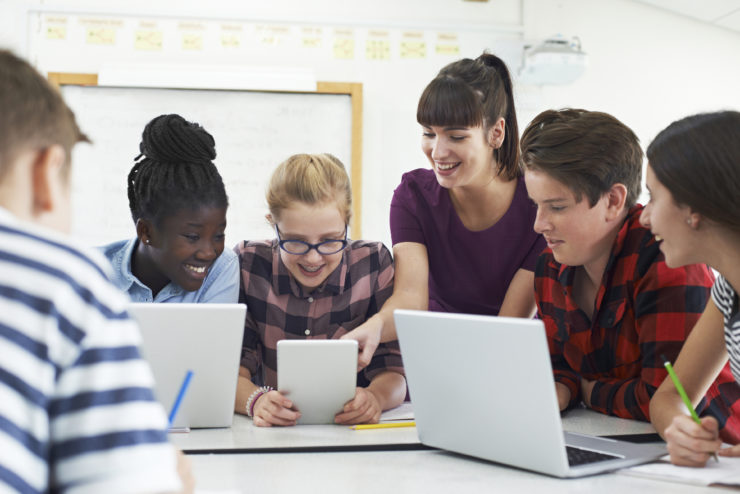
The aim of this blog is to discuss research and experiences around learning with digital media that might help us to re-imagine traditional perceptions of education. Apart from our goal to rethink education, we also wish to emancipate those (young) people who might feel alienated from traditional educational institutions, because they have found ways of learning online that are more meaningful to them.
By writing the blog, we want to share our thoughts with you: academics, professionals, engaged parents and young adults. We welcome participation by anyone who is interested in digital media, learning and education. We are looking forward to hearing your opinions, your stories and your ideas about how education can be re-imagined with digital media, both within and beyond the school.
Main contributors
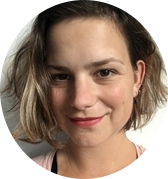
Zowi Vermeire
PhD candidate
Utrecht University
Her research focuses on the impact of digital media on our assumptions and perceptions about our (social) environment. Currently, she studies whether and how young people, due to their online engagement, produce alternative ideas on what it means to be educated. ‘Alternative’ in this context means those forms of being educated that are generally not transferred, recognized or accepted within traditional schooling, such as being a successful streamer. She has a bachelor’s in liberal, arts and sciences from Amsterdam University College. Her taught master is in film studies (philosophy pathway, King’s College London) and her research master’s is in Media and Performance Studies (Utrecht University). Before starting her PhD position, she worked for two and a half years as a researcher and developer at the Dutch public broadcasting agency BNNVARA.

Chris Zomer
PhD candidate
Deakin University
He studied Media and Culture at the University of Amsterdam, with a specialization in audio-visual culture. He also holds master’s degrees in Publishing & Editing (University of Amsterdam) and Education & Communication (Utrecht University). As a former teacher of French, he is interested in the use of video games in the classroom and gamified activities like Kahoot. His thesis project aims to investigate the consequences of the ‘mixing’ of play and learning both with regard to play as a leisure activity and to education as an institutionalized practice.
Guest contributors
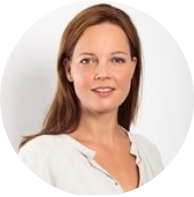
Sanne Akkerman
Professor of Educational Sciences
Utrecht University
Her research focuses on the question how students and professionals cross social, organizational, and disciplinary boundaries. She currently works on her ERC Starting Grant (2016) Lost in Transition? Multiple Interests in contexts of Education, Leisure and Work to examine challenges faced by adolescents’ in pursuing multiple and often diverging interests, including interests in digital media, receiving potentially conflicting social support in school, peer and home contexts, and subsequent challenges in making school and career choices.
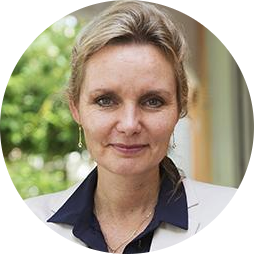
Mariëtte de Haan
Professor Social and Intercultural Education
Utrecht University
She is interested in how learning practices are shaped and transformed by the wider conditions of the socio-cultural communities they are part of, in particular in how ‘old’ traditions transform through the contact of ‘new’ ones. Earlier work focuses on transformation of learning practices in a Native American community in Mexico and on inter-ethnic knowledge sharing in multi-ethnic classrooms in the Netherlands. Recently she is studying the transformation of socialization during migration and the informal learning of immigrant teens online.
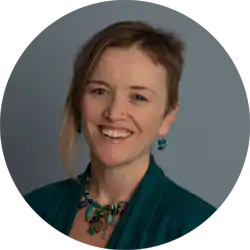
Eve Mayes
Lecturer Pedagogy and Curriculum
Deakin University
Her research is concerned with exploring and problematizing ‘experiences’ of educational institutions, through creative and philosophical experimentation with issues of ‘voice’, affect, space and materiality, and ethnographic, participatory and arts-based research approaches. She was previously an English and English as an Additional Language Teacher in government secondary schools in Australia.

Julian Sefton-Green
Professor New Media Education
Deakin University
He has worked as an independent scholar and has held positions at the Department of Media & Communication, London School of Economics & Political Science and at the University of Oslo working on projects exploring learning and learner identity across formal and informal domains. He has researched and written widely on many aspects of media education, new technologies, creativity, digital cultures and informal learning and is one of the key lead researchers in the ARC funded Centre of Excellence studying the Digital Child.
